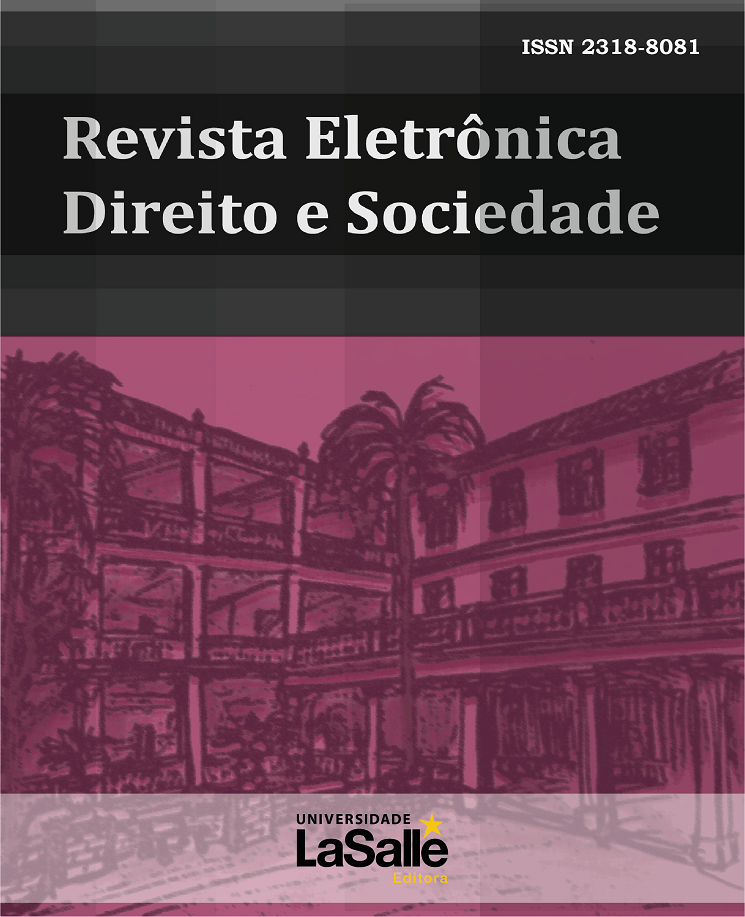Smart contract: conceito, ecossistema e principais questões de direito privado
DOI:
https://doi.org/10.18316/redes.v7i3.6120Parole chiave:
Smart Contract, Blockchain, Autotutela, Remédios, Contratos Inteligentes.Abstract
Os smarts contracts são, em termos bastante gerais, protocolos informáticos que permitem que um dispositivo execute as prestações de um contrato de forma autônoma, logo, sem a necessidade de intervenção humana. A substituição da ação humana por um processo – conjunto de protocolos – que viabiliza (a) a automação de operações, (b) a materialização automática das prestações nas transações e (c) a utilização de outras tecnologias, as quais permitem a verificação do clausulado e da identidade dos sujeitos vinculados à transação resulta em elevada economia de custos. Ademais, as expectativas das partes para a satisfação de seus interesses negociais, tal como estabelecido no contrato, acabam sendo amplamente protegidas. Rapidez, previsibilidade e automação permeiam o exercício da autonomia privada, facilitando a efetiva autotutela. Não obstante os evidentes benefícios, tal figura apresenta limitações e desvantagens, trazendo consigo possíveis problemas. Este trabalho explora brevemente o fenômeno dos smart contracts, reflete sobre seu ecossistema particular e, a seguir, aborda importantes questões jurídicas que acompanham os smart contracts.
Downloads
Pubblicato
Fascicolo
Sezione
Licenza
Autores que submetem seus manuscritos para serem publicados na Revista REDES concordam com os seguintes termos:
Os autores declaram ter ciência de que mantém os direitos autorais concedendo à REDES o direito à publicação.
Os autores declaram ter ciência de que o trabalho submetido será licenciado sob a Licença Creative Commons atribuição não-comercial que permite o compartilhamento do artigo com reconhecimento da autoria e publicação nesta revista.
Os autores declaram ter ciência que em virtude de os artigos publicados nesta revista tem acesso público e gratuito.
Os autores declaram, sob as penas da lei, que o texto é inédito e original e que têm ciência de que identificada a existência de plágio, os autores plagiados serão informados – para querendo, tomarem as medidas legais nas esferas cível e criminal – e, os autores do plágio terão seu acesso à revista bloqueado.
Os autores declaram que – em caso de coautoria – todos contribuíram significativamente para a pesquisa.
Os autores obrigam-se a fornecer retratações e (ou) correções de erros em caso de eventual detecção.
Os autores obrigam-se a não publicar o texto submetido a REDES em outra Revista eletrônica (ou não).

A Revista Eletrônica Direito e Sociedade - REDES - está licenciado com uma Licença Creative Commons Atribuição-NãoComercial 4.0 Internacional.
Baseado no trabalho disponível em http://revistas.unilasalle.edu.br/index.php/redes/about/submissions#copyrightNotice.
Podem estar disponíveis autorizações adicionais às concedidas no âmbito desta licença em http://creativecommons.org/.

